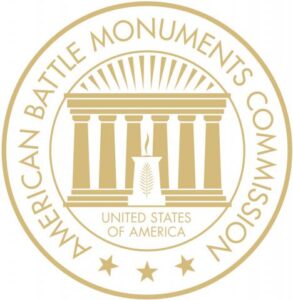Brookwood American Cemetery is located in Surrey in the southwest of London. It is the one of two American Battle Monuments Commission cemeteries in the U.K. The second one is Cambridge American Cemetery, a World War II site.
Brookwood American Cemetery is part of a larger cemetery
Brookwood American Cemetery is just one of nine military cemeteries located within a much larger complex maintained by the Commonwealth War Graves Commission (CWGC). The countries of those interred under the authority of the CWGC include the U.K., Canada, New Zealand, Australia, South Africa, for instance. In addition, there are also casualties from America, Belgium, Czechoslovakia, France, Italy and Poland interred in this cemetery. Those military cemeteries are part of the Brookwood Cemetery dating back to 1854.
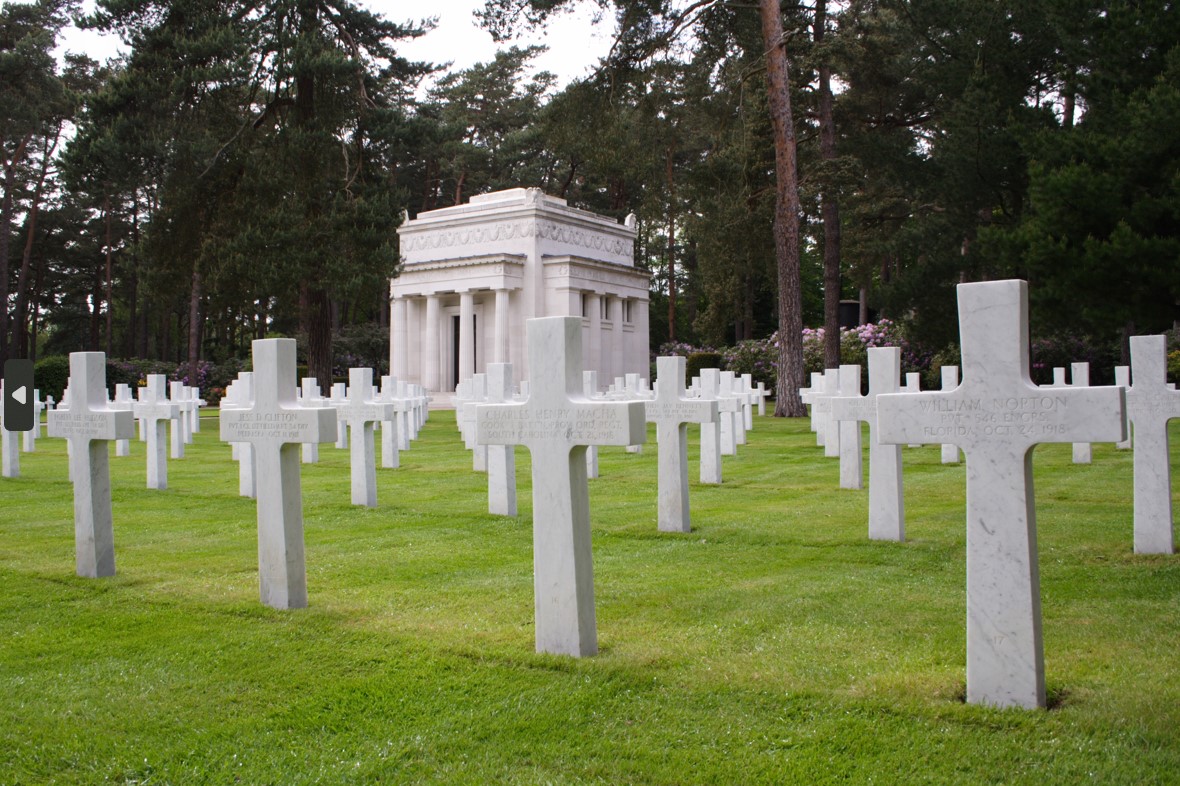
More missing service member than buried ones
Brookwood American Cemetery is the only ABMC World War I site where there are more service members listed as missing (564) than interred (468). The majority of the missing perished due to naval warfare and the majority of those interred died of disease. Nearly 70% of those interred at this site died of disease, most due to the Spanish Flu.
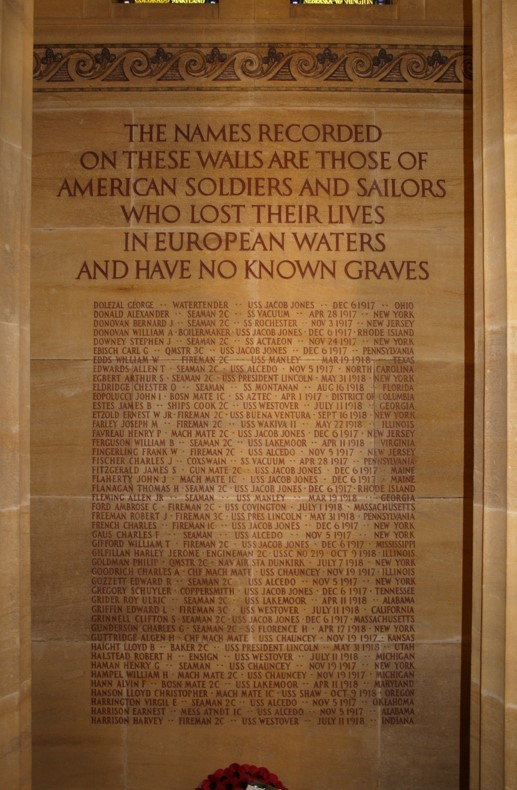
A Medal of Honor of the Spanish-American War and a teenager commemorated at this site
Chief Special Mechanic Gustaf A. Sundquist was born June 4, 1879, in Sweden. After immigrating to the U.S., he entered the Navy. He was sent to fight in the Spanish-American War aboard the USS Nashville as an ordinary seaman. He was awarded the Medal of Honor in 1898 during the Spanish-American War for actions in Cuba. After receiving the Medal of Honor, he was discharged from the Navy on Sept. 26, 1900.
In 1905 he married Matilda E. Pearson in Brooklyn, New York, and the couple had five children. They relocated to Cleveland, Ohio, in 1915 where he was employed as a structural ironworker.
On May 4, 1918, he reenlisted in the U.S. Naval Reserve to serve in World War I. While assigned to the Fort Lafayette Naval Air Station at Croix D’Hins, France, Sundquist accidentally drowned on Aug. 25, 1918, while swimming offshore. His body was never recovered.
He is remembered on the wall of the missing at Brookwood American Cemetery.
Boy 1st Class Irving A. Slicklen enlisted in the U.S. Coast Guard on March 1, 1918, in New York City, at the age of 15 years and 2 months. Six months and 26 days later, Slicklen lost his life when his ship, USCGC Tampa, was sunk by an enemy torpedo in the Bristol Channel off the west coast of England.
His mother, Marguerite Slicklen, took part in the Gold Star Family Pilgrimages and visited the Brookwood American Cemetery in 1931 to see her son’s name engraved on the Wall of the Missing inside the chapel.
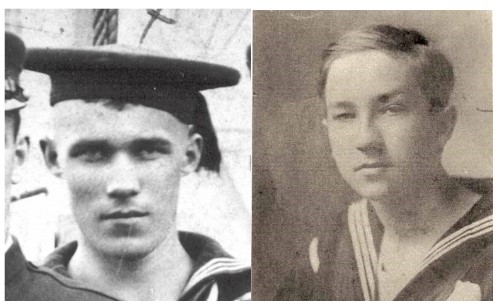
Six civilians not from the ABMC cemetery
Beyond our burial plots, there are six civilian graves within the confines of Brookwood American Cemetery’s property that do not fall under the authority of ABMC. This is due to the neighboring Brookwood Cemetery which dates back to the Victorian period.
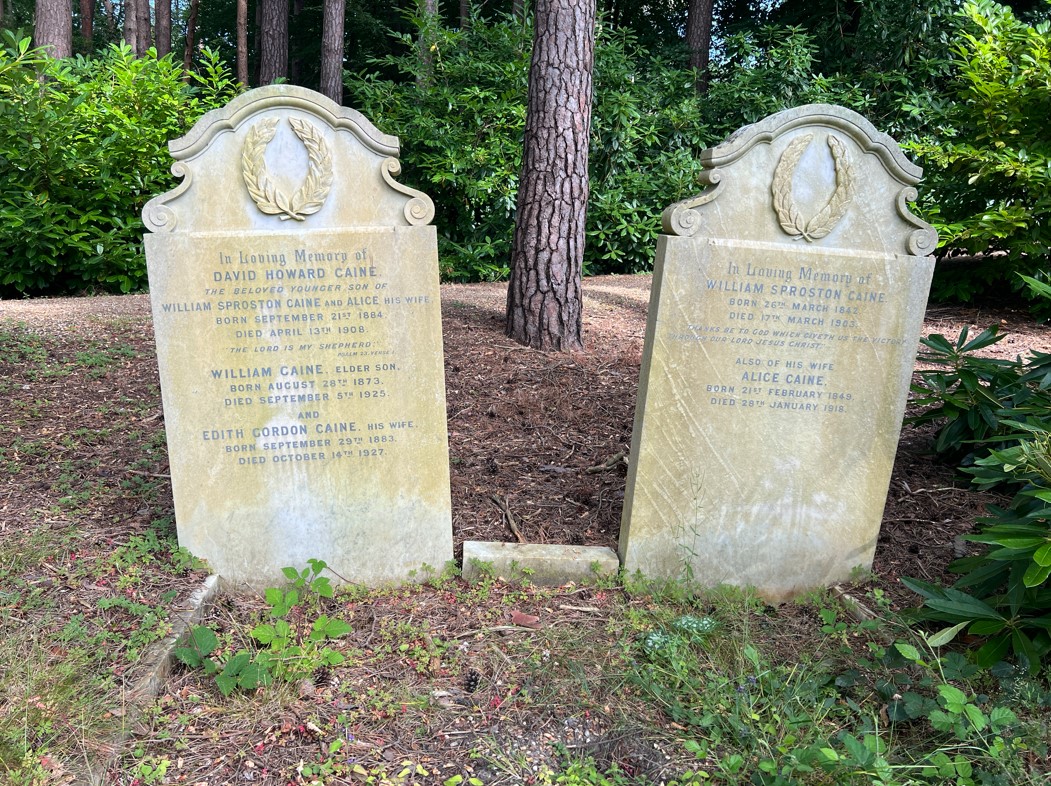
A National Heritage listed building
The chapel is recognized by the British Government as a Grade II on the National Heritage List for England. The listing recognizes the building for its special architectural or historic interest.
The chapel was designed in a Beaux Art style by Egerton Swartwout in 1925. The regular rows of white marble headstones on the smooth lawn are framed by masses of shrubs and evergreen trees which form a perfect setting for the chapel, a classic white stone building on the north-end of the cemetery. The interior of the chapel is of tan-hued stone. Small, stained-glass windows light the altar, flags and carved cross. The names of the missing service members are inscribed on the chapel’s walls.
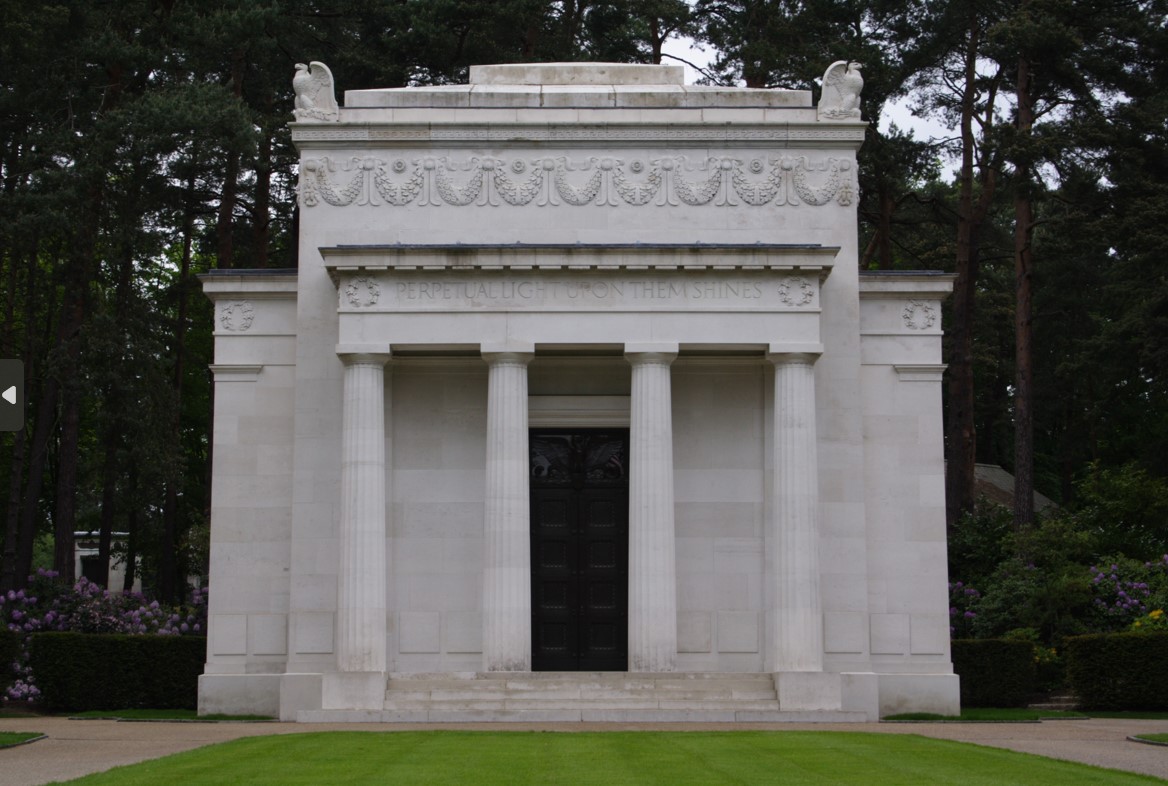
Sources:
BKAC team
ABMC Centennial Superintendent Booklet
Historical Services
ABMC documents and brochures
Brookwood Cemetery | We are the UK’s largest cemetery
Gustav Sundquist – Recipient – (militarytimes.com)
AMERICAN MILITARY CHAPEL, Non Civil Parish – 1044711 | Historic England
 An official website of the United States government. Here's how you know.
An official website of the United States government. Here's how you know. 